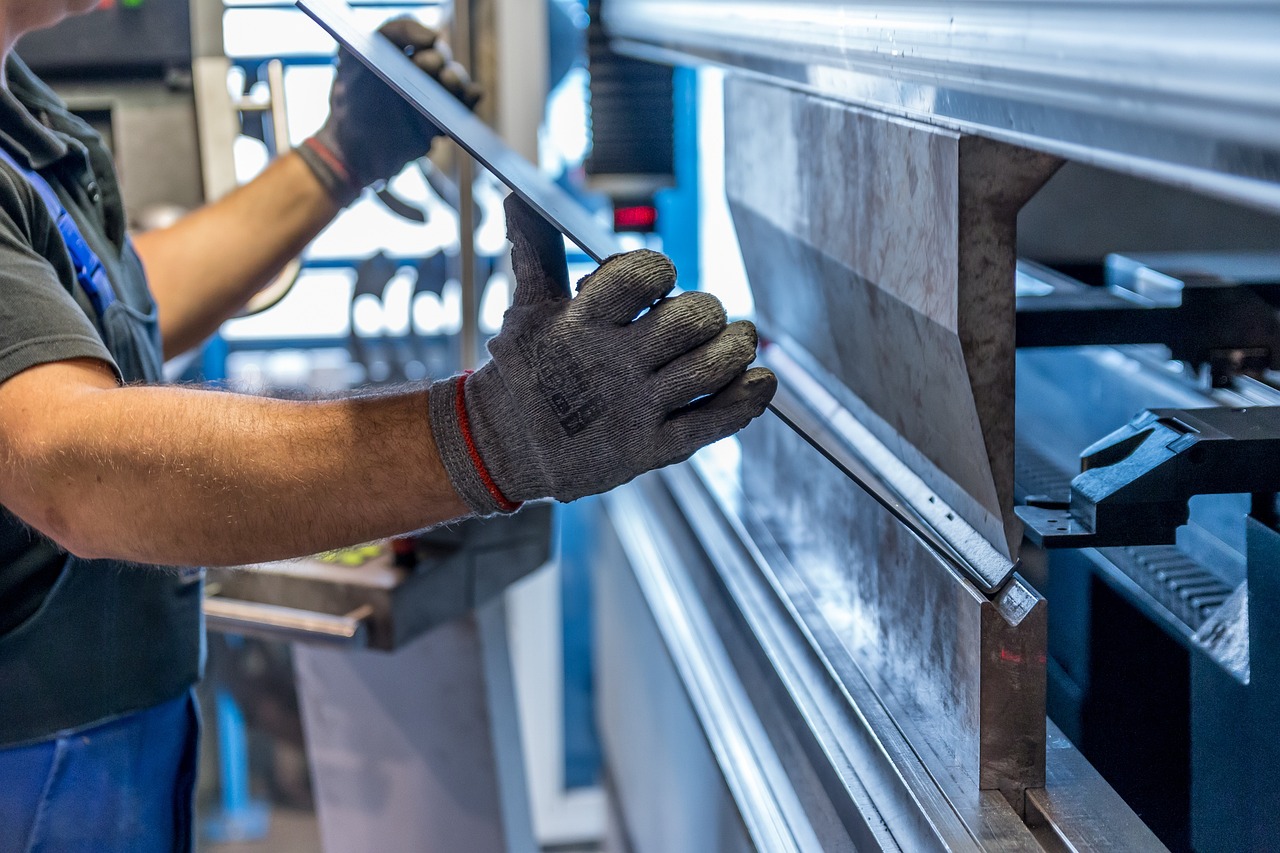Proactive Strategies to Minimize Downtime and Maximize Equipment Lifespan
Preventive maintenance is a proactive approach to managing industrial equipment and facilities. It involves regularly scheduled inspections, servicing, and repairs to ensure that machinery and infrastructure operate efficiently and without interruption. In contrast to reactive maintenance, which addresses issues only after they occur, preventive maintenance aims to identify and rectify potential problems before they lead to costly downtimes or severe damage. Here, we highlight the benefits of preventive maintenance and how it helps industrial facilities avoid expensive downtimes and extend the lifespan of their equipment.
1. Reduced Downtime
One of the most significant benefits of preventive maintenance is the reduction of unplanned downtime. By regularly inspecting and servicing equipment, potential issues can be detected and resolved before they escalate into major problems. This proactive approach ensures that machinery operates smoothly and efficiently, minimizing disruptions to production schedules.
For example, in an automotive manufacturing plant, preventive maintenance can play a critical role in ensuring the seamless operation of assembly lines. Regularly scheduled maintenance checks on robotic welders, conveyor belts, and paint systems can identify wear and tear or potential failures before they cause a shutdown. This proactive approach helps the plant avoid costly production halts and maintain high output levels.
2. Extended Equipment Lifespan
Regular maintenance can significantly extend the lifespan of industrial equipment. By addressing minor issues promptly and keeping machinery in optimal condition, facilities can avoid the accelerated wear and tear that leads to premature equipment failure. This not only saves money on replacement costs but also ensures that production processes remain stable and efficient.
Preventive maintenance includes tasks such as lubrication, calibration, cleaning, and parts replacement, which collectively contribute to the longevity of equipment. For instance, ensuring that bearings are properly lubricated can prevent friction and overheating, which are common causes of machinery breakdowns.
3. Improved Safety
Safety is paramount in any industrial setting. Preventive maintenance helps to ensure that equipment and facilities meet safety standards and regulations. Regular inspections can identify potential hazards, such as faulty wiring, worn-out components, or structural weaknesses, which can then be addressed before they pose a risk to workers.
Maintaining a safe work environment not only protects employees but also reduces the risk of accidents that can lead to costly legal liabilities and reputational damage. By investing in preventive maintenance, facilities can demonstrate their commitment to safety and create a more secure workplace.
4. Enhanced Efficiency and Performance
Equipment that is well-maintained operates more efficiently and with greater reliability. Preventive maintenance helps to optimize machinery performance by ensuring that all components are functioning correctly and at peak capacity. This can lead to increased production rates, improved product quality, and lower operational costs.
For example, regularly servicing HVAC systems in an industrial facility can ensure optimal temperature and humidity control, which is crucial for processes that require specific environmental conditions. By maintaining these systems, facilities can prevent fluctuations that might otherwise disrupt production.
5. Cost Savings
While preventive maintenance requires an initial investment in time and resources, it ultimately leads to significant cost savings. By avoiding unexpected breakdowns, facilities can prevent the high costs associated with emergency repairs, overtime labor, and production losses. Additionally, maintaining equipment in good condition can result in lower energy consumption and reduced utility bills.
Example: In the automotive manufacturing plant mentioned earlier, preventive maintenance on critical equipment like stamping presses can prevent catastrophic failures that would otherwise require expensive emergency repairs and replacement parts. By investing in routine maintenance, the plant can save money and ensure continuous production.
Getting Started
Preventive maintenance is a crucial strategy for industrial facilities aiming to maximize efficiency, safety, and cost-effectiveness. By regularly inspecting and servicing equipment, facilities can reduce downtime, extend the lifespan of their machinery, improve safety, enhance performance, and achieve significant cost savings. The proactive approach of preventive maintenance ensures that potential issues are addressed before they become major problems, leading to smoother and more reliable operations.
For industrial facilities looking to implement a robust preventive maintenance program, partnering with a reliable service provider like Industrial Service Partners can make all the difference. Our team of skilled professionals is dedicated to helping you maintain optimal performance and efficiency in your industrial operations. Contact us today to learn more about our preventive maintenance services and how we can support your facility’s needs.
Let's get started.
Contact us today to discuss your industrial service needs and get a free quote.



